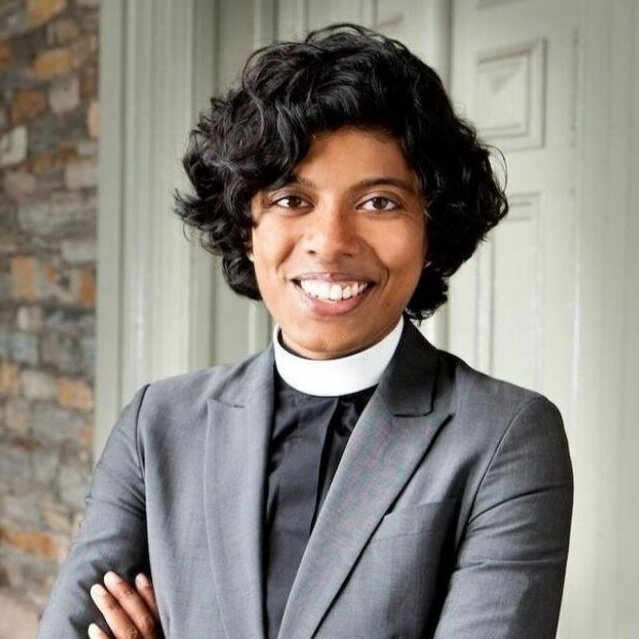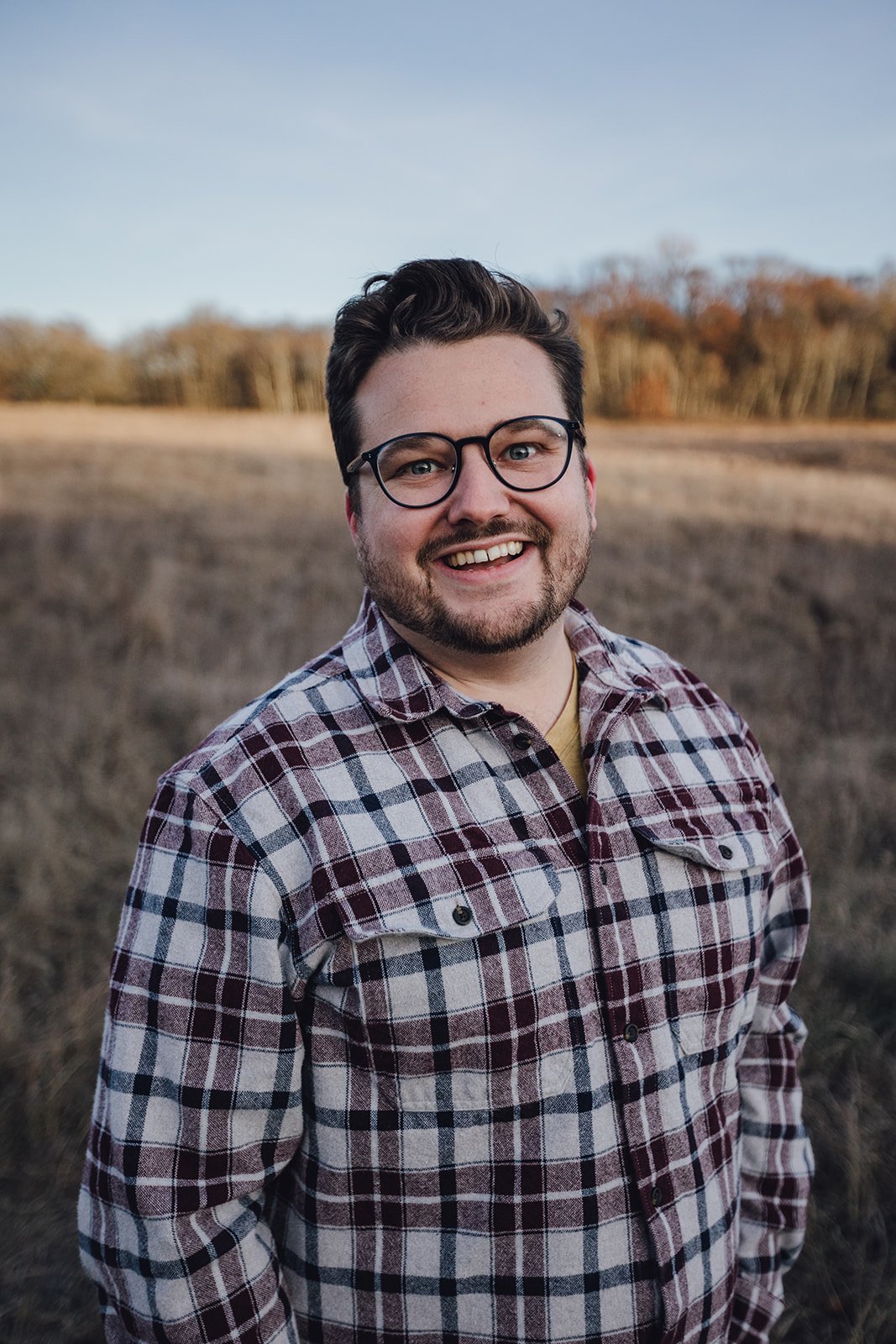Blog Posts
READ THE LATEST FROM
Walter Brueggemann
Lord, Help Me
It is up to people like us to reclaim and rebuild the commons, what we share of what God has given us. And some of that rebuilding is of institutions.
Defining Roads
There are many roads in this life. Some are actual roads that take us from “point A to point B.” Others are metaphorical, roads that we travel in our hearts. Many of the roads we travel, we never think of again, but some roads are so defining that they become drawn across our story with indelible ink.
Vocare: Called to Regret
You are invited to focus on your personal regrets by both naming and reframing them, and by so doing, nourish in a particular way, God’s call for both your present and your future.
Vocare: Called to Attentiveness
You are invited to focus on where you regularly invest your attention by considering what captures your time, energy, thoughts, and imagination in everyday life.
Reading the Bible with the Webb Telescope
As my faith evolved and I began to question many of the traditions I was raised with, the memory verses sometimes stung like fresh cuts or ached like purple bruises.
New Lessons from the Grinch
Christmas was not, for me, a time of joy and happiness, and it certainly wasn’t yet about celebrating God in the flesh having been born among us. Christmas was just lonely and sad.










